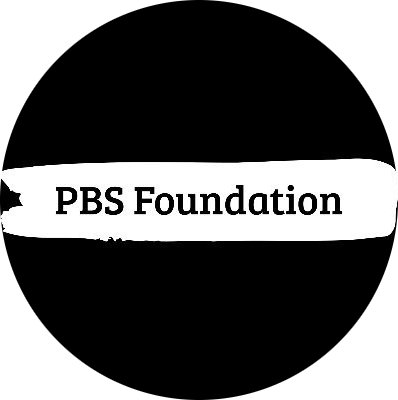
July 22, 2024
Today Simon Brown, who is a researcher at Consensys as well as being one of the reviewers at the PBS Foundation, published an overview of the Foundation and the initial projects funded. You can find his write up here and pasted below. If you have any questions or want to inquire more about the Foundation, feel free to email us at [email protected] or check out our profile on Twitter/X here.
Over the past year, I’ve been very fortunate to have been able to work with the PBS Foundation as a member of the research review committee, helping to review research and research proposals, and working with people to help with their grant applications. It’s been a privilege to work with some incredibly smart people and to see such high quality and interesting research. I’d like to take this opportunity to share some information about the PBS Foundation and why I think it’s valuable, and to try to raise some awareness about the work it’s doing.

Supporting research into proposer-builder-separation in Ethereum
The PBS Foundation was set up as an independent, non-profit initiative to support research collaboration across the Ethereum ecosystem that is broadly related to proposer-builder-separation. The mission of the PBS Foundation is to protect the decentralization of the Ethereum consensus layer and to do this by helping to support research within the broad PBS design philosophy. To this end, the PBSF collaborates with various industry participants, academic researchers, as well as independent researchers and developers, to fund research, education, and neutral infrastructure. By funding research grants and connecting people, the PBSF aims to highlight and address the biggest challenges facing PBS design, and ultimately aims to support a maximally decentralized validator set.
The PBS Foundation was officially set up on September 15, 2023, (one year anniversary of the merge). The idea was originally driven by Tina Zhen, and was originally proposed in a forum post on the Flashbots forum. Tina subsequently solicited help from Eugene Leventhal and various other volunteers to help set up the foundation and write the first request-for-proposals (RFPs).
The PBSF raised $1M USDC from various organizations in the space, including Consensys, Coinbase, Fenbushi Capital, Flashbots, Paradigm, and Uniswap Foundation, as well as a contribution from Vitalik Buterin.
The funds are overseen by two review committees, one for research and one for infrastructure. The infrastructure review committee provides grants to operators of independent and credibly neutral infrastructure, including mev-boost relays. The research review committee oversees funding of research grants for various pieces of research broadly related to PBS.
The review committee is quite active and reviews all incoming research proposals, working with researchers to refine scope and deliverables, and sometimes helping to mentor and work with the grantees and review progress milestones as the projects progress. The research committee also helps to refine the strategy and direction of the PBSF on an ongoing basis.
Since its inception, the PBSF has funded a number of research grants and worked with the grantees on their projects. The scope of research funding was initially defined as as:
The above categories defined a broad exploration space, and we created some initial RFPs as a guide to what sort of proposals we were looking to fund. The initial RFPs were quite broad, and we’ve been working on iterating and refining the scope for research we want to fund.
At the time of writing, the PBSF has issued a total of $213,000 USDC in grants, which include: